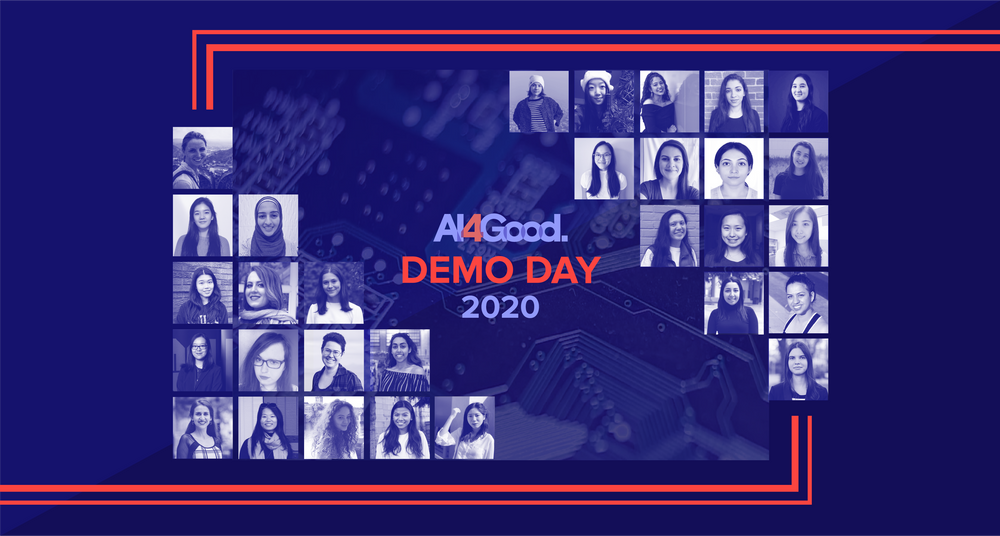
Five months ago, the task of bringing together 30 women and dozens of lecturers, TAs, speakers, and mentors from across every timezone in Canada was a monumental effort. And then we had to do it virtually.
After 7 intensive weeks, the 2020 CIFAR-OSMO AI4Good Lab Program culminated in a stimulating virtual Demo Day with 70 attendees. The event offered an opportunity for this year’s cohort to showcase the AI prototypes they have developed in response to the questions and challenges that concern health and injustice in our society.
We kicked off the demos with a fantastic series of opening remarks from our esteemed speakers, Doina Precup (DeepMind, McGill, Mila), Nabilah Chowdury (CIFAR), and Marlioue Daudier (IVADO), and we ended on a powerful note with closing remarks from Alan Macintosh (Real Ventures, OSMO Foundation). AI4Good’s very own Maya Marcus-Sells was a compelling host who ensured that the event was seamless and engaging.
Despite being faced with the difficulty of working from home, the lab this year has achieved its purpose, both in increasing representation in AI and providing fresh, interesting ideas for AI applications — Doina Precup, Lab Founder
IN THIS TOGETHER
It was an honour to hear from the representatives of our founding partners and title sponsors, who then stayed to witness the culmination of our collective achievements.
The success of this year’s Lab would not have been possible without the support from our founding partners, CIFAR and OSMO. CIFAR’s Pan-Canadian AI Strategy has enabled us to partner with Amii (Alberta Machine Intelligence Institute) in bringing AI4Good to Edmonton in 2021, and OSMO has helped AI4Good develop as a non-profit organization in Montreal’s vibrant tech ecosystem.
In attendance were also representatives from a host of leading AI organizations who have participated in various aspects of the program throughout the year. Thank you to those of you who have stood by our vision of tackling bias, underrepresentation, and education in AI.
We have worked with partners across the country to develop a national AI4Good training program, helping young people develop the skills and expertise they need to advance their careers in this field, with a focus on engaging underrepresented groups, like young women, and delivering research projects that have positive social and societal impacts — Nabilah Chowdury, CIFAR
CAN AI PROTOTYPES BE DREAMT-UP IN 3 WEEKS?
Following the opening remarks, we gathered on Zoom to watch each team give a dynamic 7 minute presentation on projects that were developed in just 3 weeks. To make the most of available technologies on offer, we then moved to Hopin for a virtual poster session. Here, attendees had the opportunity to visit each team in separate rooms, where they could ask in-depth questions, provide feedback, or just marvel at the technical feats achieved in such a short time.
Though the focus was on idea-brokerage and digital camaraderie, the event was not without friendly competition. CMTL generously provided a $2000 award to be shared amongst the winning teams. The projects were judged in two categories, against three measures of excellence.
Categories
- Academic: Most likely to write a paper
- Entrepreneurial: Most likely to create an innovative business
Criteria
- Impact: Does this fundamentally improve society or the world at large?
- ,Novelty (academic): Has this ever been done before?
- Innovation (entrepreneurship): Does this change existing methods of interacting with the world?
Prizes
- Project extension: Addition of 1-2 months support
- Additional stipend: $2000 provided by CMTL, spread across the participants
- Production of a blog post: Showcasing their project and experience
- Academic support: 3+ advising hours with a matched post-doc or professor
- Entrepreneurial support: 3-hour workshop on business model development with TandemLaunch
Our Judges
- Doina Precup AI4Good Lab Founder, DeepMind, McGill University, Mila
- Mélanie Pouliot Concertation MTL
- Jermaine Murray TandemLaunch
- Maya Marcus-Sells AI4Good Lab Executive Director
Project summaries
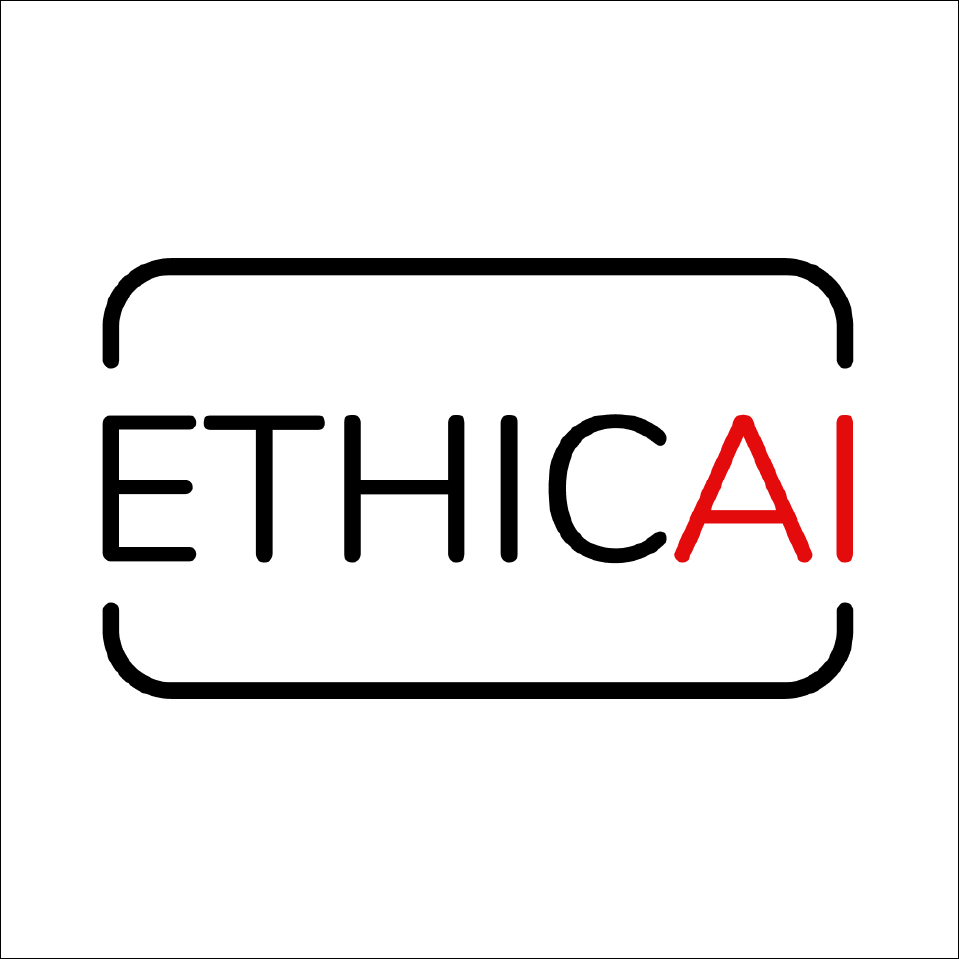
Academic Winner: EthicAI
A research project analyzing how less-examined biases, such as ageism, may have been incorporated into Facebook’s fastText NLP toolset.

Entrepreneurial Winner: newsworthy.ml
newsworthy.ml is a web platform that improves and informs a user’s news reading experiences by increasing the visibility of underrepresented news and providing analytics about a user’s news-reading behaviour.
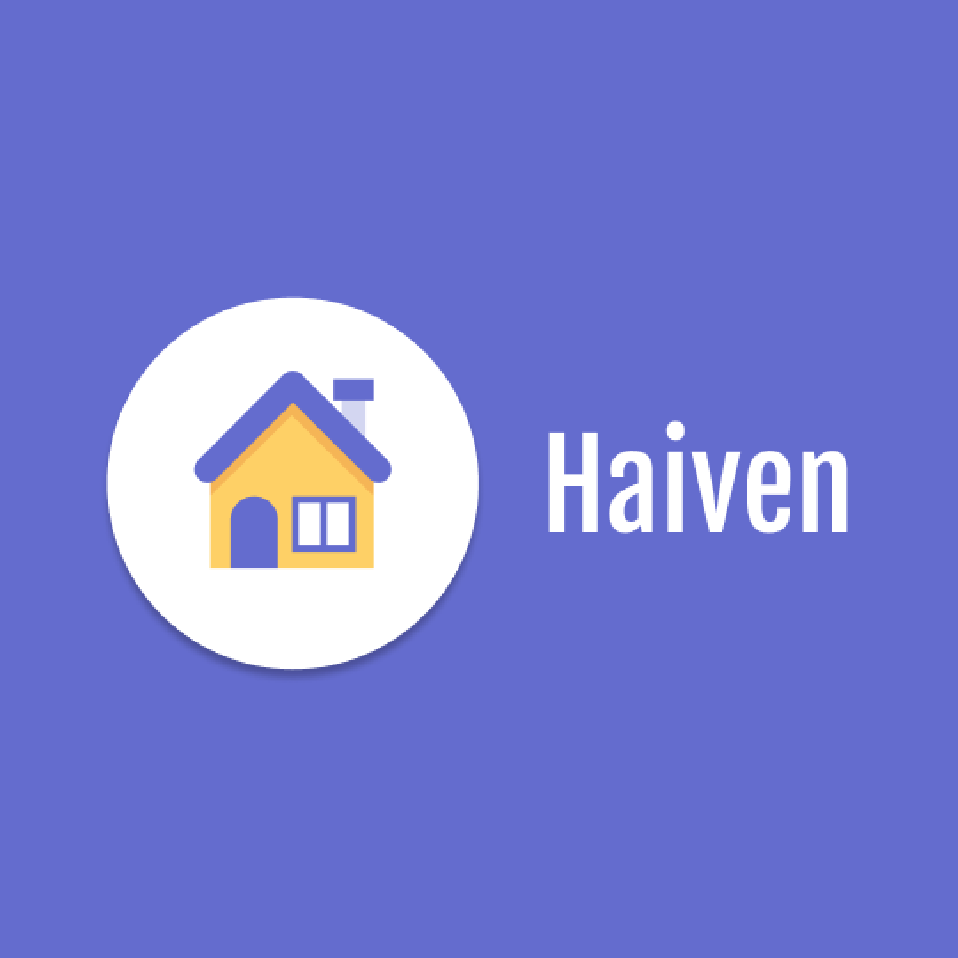
Haiven
An app to help people suffering from domestic abuse with automatically documented audio and sentiment evidence.

CardinAI
A web app that flags tweets to improve mental health of a user by recommending a personalized positive artifact (image, article, etc.) based on their twitter interaction history.

inkWell
A journaling app that keeps one’s support network informed if needed, and provides community support resources during mental health crises. In addition to tracking and visualizing one’s mental state, their aim is to promote mindfulness.
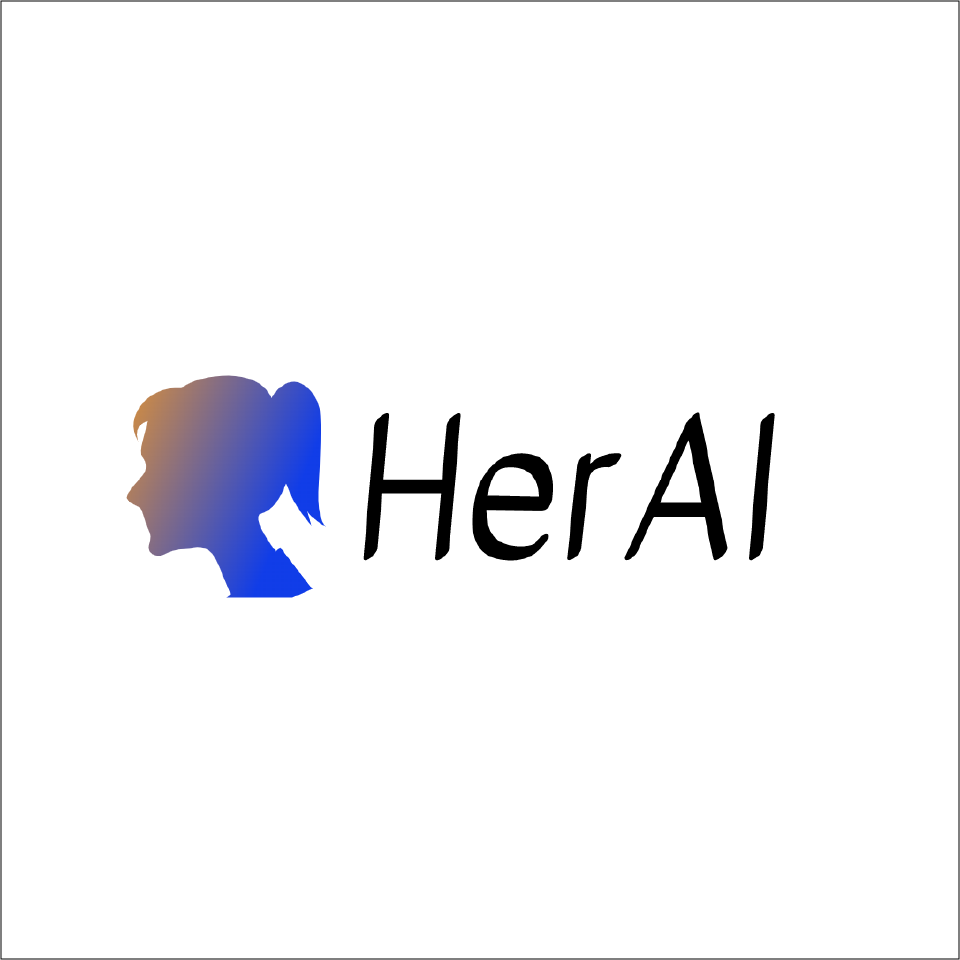
Her AI
Prediction of cervical cancer risk score and classification of cervix shapes based on images to personalize cervical cancer treatment.
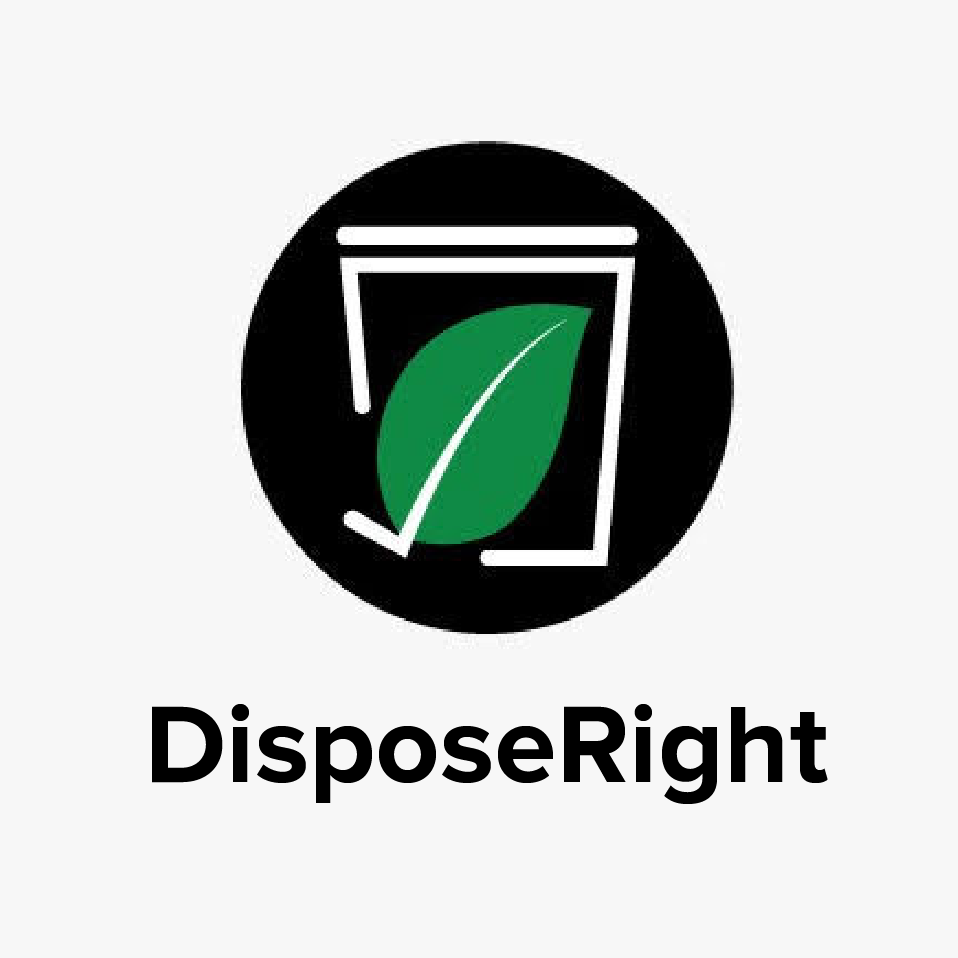
Dispose Right
A waste management app that classifies images and helps users sort garbage into either recycling, compost, or trash. The app also offers tips on how to reuse, when to dispose, and where to dispose, with the intention of bringing us one step closer to a zero waste world.
Academic Winner — EthicAI
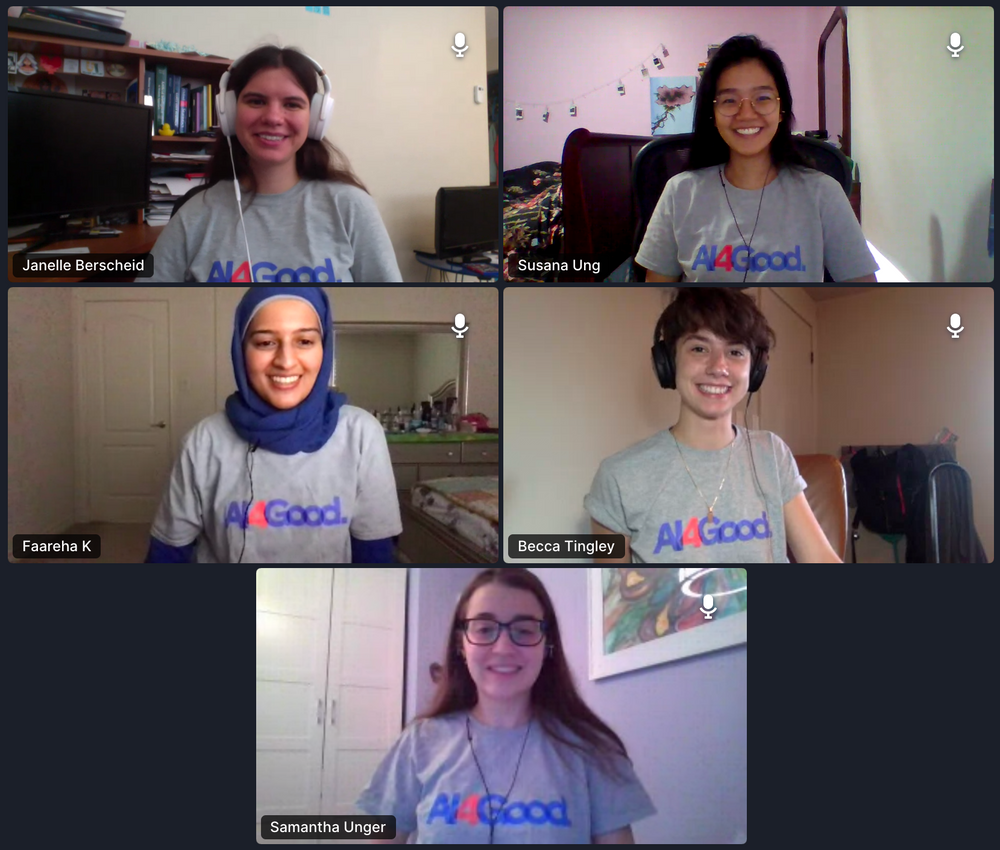
Background
The pervasive use of open source tools in AI enables innovation in a wide variety of domains. If these tools are not robust, however, these very same implementations can amplify biases that cascade into critical systems like healthcare, finance, and justice.
Project Goals
Given the increasing relevance of Natural Language Processing, the EthicAI team chose to examine Facebook’s fastText library for classification and word representation, and identify biases that haven’t been extensively researched. They chose to examine ageism, as the COVID-19 pandemic has brought troubling age-related discourse into the public dialogue, perpetuating ideas that older people are weaker, or their lives are less valuable.
Method
The EthicAI project consisted of two parts:
- Visualizing relationships between words by projecting pre-trained word embeddings along a cultural axis of age (Young to Old)
- “Do different embeddings affect classifier performance on bias related tasks?” To answer this question, they conducted a model comparison where they looked at how different embeddings (Wikipedia, Common Crawl) affect sentiment classification (whether a statement is positive, neutral, or negative).
Impact
As our Academic winners, the EthicAI team seeks to explore higher dimensions of bias by increasing their axes of comparison (ex. ageism, ableism, socio-economic status, etc.) for a more fine-grained, nuanced analysis. Using their tool, they aim to consider how classifiers come into play with social issues that matter, to answer questions such as, “How has COVID-19 amplified ageism?”
When AI is our tool and is incredibly pervasive, we need to make sure it does what we intend for it to do, without causing a great deal of harm in the process.”
Entrepreneurial winner — newsworthy.ml
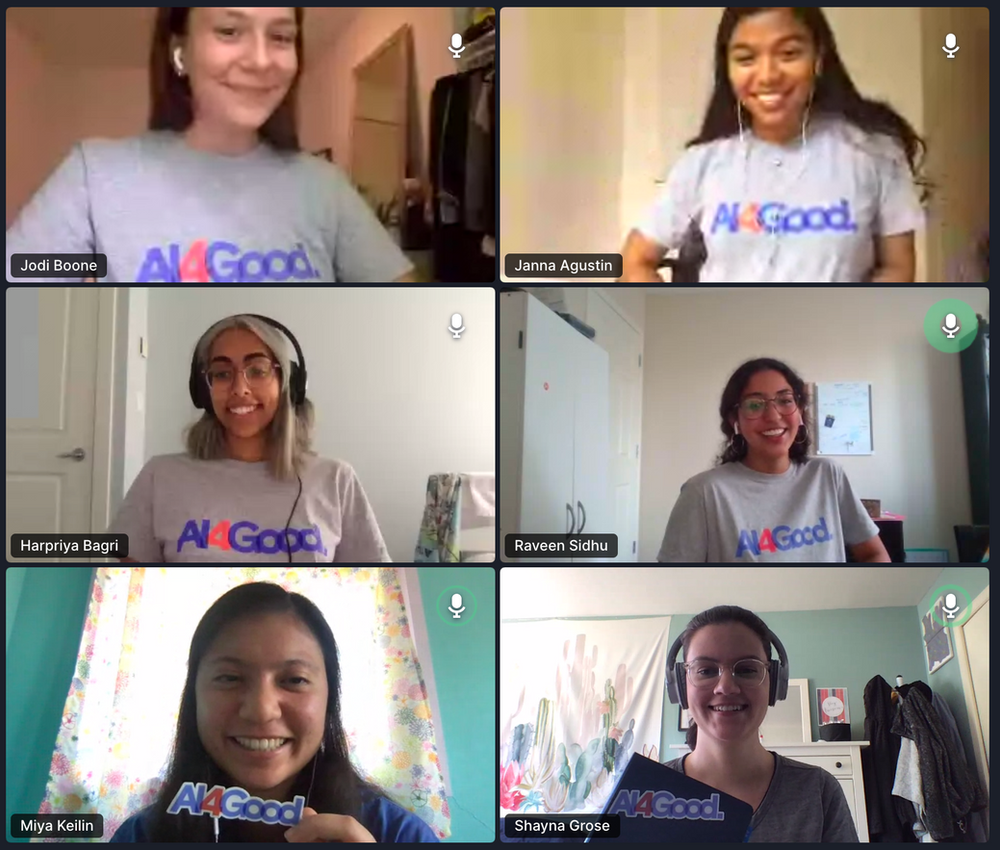
Background
The news dissemination pipeline increasingly reaches readers through social media, and as such, is highly subject to algorithmic bias. These algorithms give visibility to pieces that receive attention, which leads to a prioritization of news that is clickbait and sensational. Personalized news feeds play their part in amplifying echo chambers and divisive opinions.
Project Goals
The app seeks to address two problems the team has identified in news dissemination and consumption:
- Overshadowing of local news: The internet is a wealth of information, but topics of local relevance are often overshadowed by sensational news
- Information literacy (our ability to consume news and media responsibly): The imbalance of exposure to different sources through personalized social media perpetuates our own biases in what we do and do not learn about
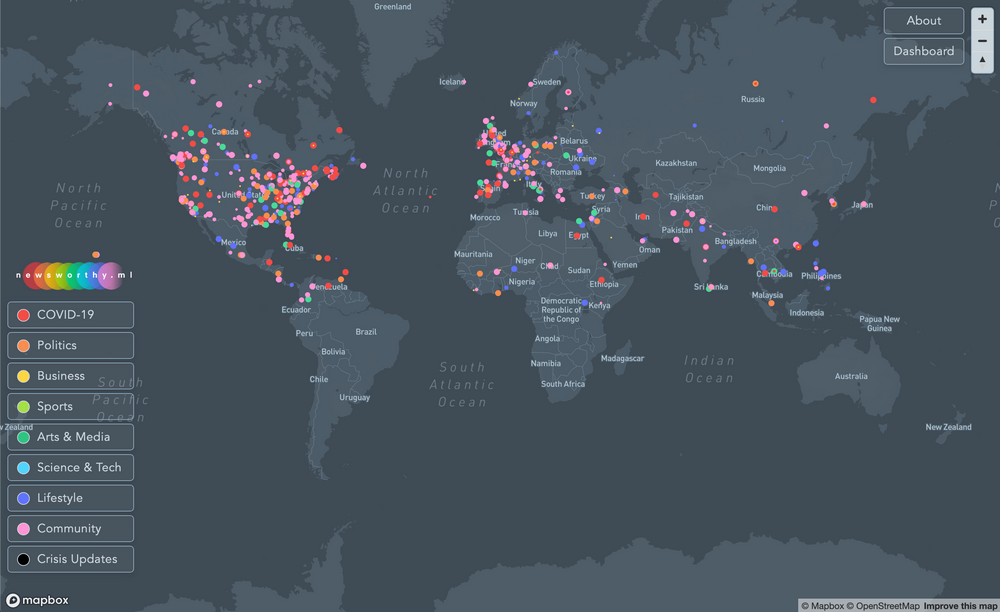
Method
The newsworthy.ml project consisted of two parts:
- Improving and informing a user’s news-reading experience by increasing exposure to topics and sources that may otherwise get buried under sensationalized headlines. To do so, they’ve leveraged topic modelling to visualize global and local news by topic, represented as bubbles on a map. The size of each bubble represents the amount of coverage on that topic, visualizing coverage disparity.
- Increase readers' awareness of their own news reading habits by providing an analytics dashboard that visualizes how much time they spend reading news every day, what topics the reader cares about most, and provides suggestions on how to diversify information intake.
Impact
As our Entrepreneurial winners, newsworthy.ml seeks to highlight the imbalance of news representation in the media, and empower readers to take control of their own information literacy.
Until next year
Founding Partners
CIFAR
OSMO
Expansion Partner
Amii
Title Sponsors
DeepMind
IVADO
Key Sponsors
Accenture
Borealis AI
Community Sponsors
IBM
Real Ventures
ODS Medical
CMTL
Collaborators
Automat
TandemLaunch
Element AI
Mila
AWS